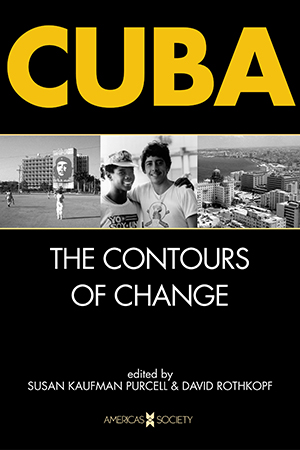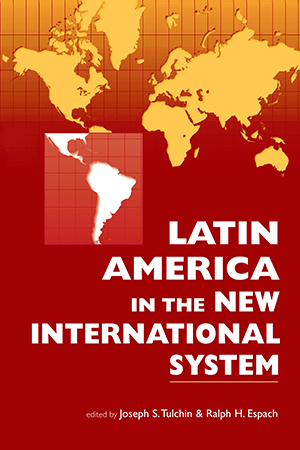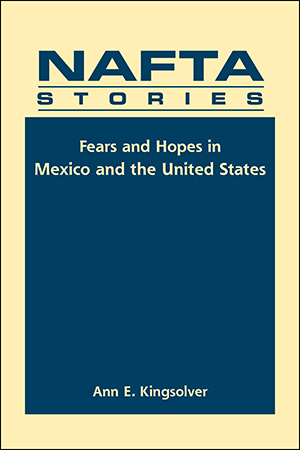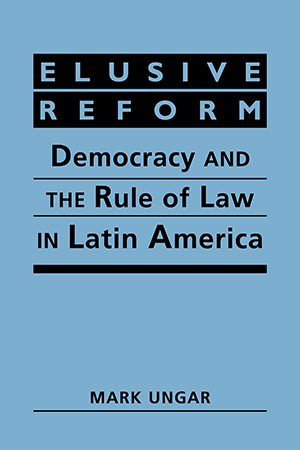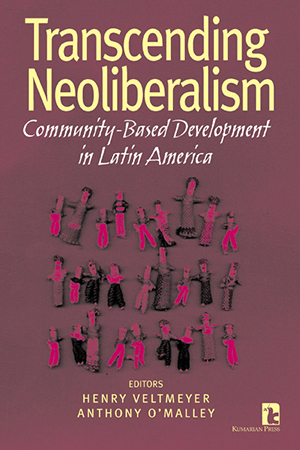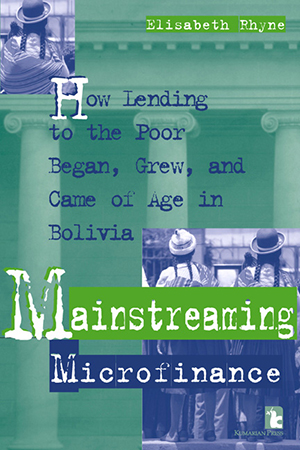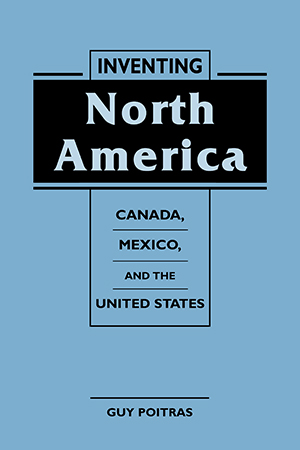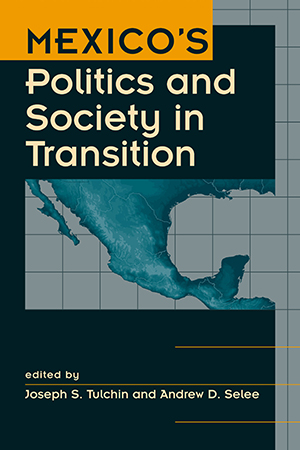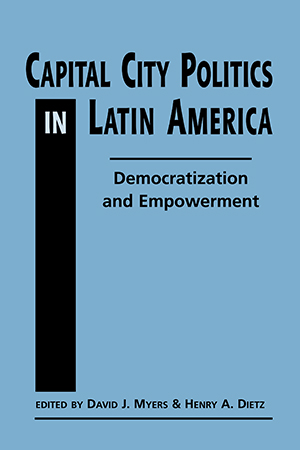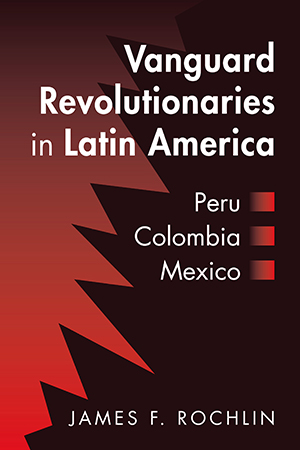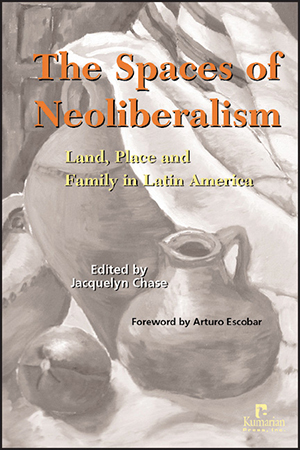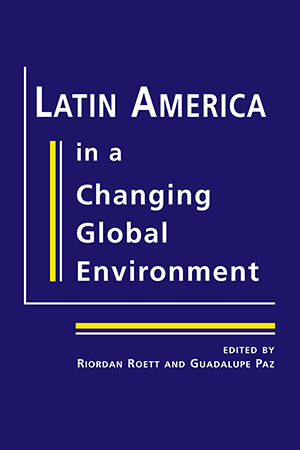Latin America and the Caribbean
Though few observers dispute that change is coming to Cuba, there is a notable lack of consensus regarding the pace and direction of that change. The authors of this collection offer a range More >
Placing Latin America in the context of debates on economic globalization and the dramatically changing nature of the international system, this volume offers the perspectives of scholars More >
Women around the world are entering commercial agriculture—and often succeeding—despite development policies designed to exclude them. In this comparative volume, case studies More >
Ann Kingsolver presents stories people have told about NAFTA—young people and old, urban and rural, with differing political perspectives, occupations, and other markers of More >
Elusive Reform explores one of the Latin American countries' biggest challenges: establishing a rule of law. Based on a close examination of historical patterns, it demonstrates how More >
With a focus on community-based processes, Transcending Neoliberalism examines the dynamics of change in Latin America arising out of the search for alternative forms of development. More >
Microcredit in Bolivia grew and became successful in only a decade, lifting an enormous segment of the country’s population into the financial mainstream in the process. The example of More >
In the face of potent domestic and global forces, the U.S., Canada, and Mexico—the NA-3—have devised an enterprise that promises to draw them closer together in the twenty-first More >
As electoral politics in Mexico have become more open and democratic, the country's economy also has been thoroughly restructured and new ideas about government, state-society relations, More >
As Latin America's new democratic regimes have decentralized, the region's capital cities—and their elected mayors—have gained increasing importance. Capital City More >
During the swan song of the Soviet Union and the immediate aftermath of the Cold War, many insurgent groups that had been dependent on Moscow or Havana quickly faded into political oblivion. More >
Although the 1995 Cenepa war between Ecuador and Peru was the first military conflict in South America in more than five decades, the Ecuador-Peru relationship might be characterized as one More >
The collapse of the Duvalier dictatorship in 1986 gave rise to optimism among Haitians in all walks of life—to hopes for a democratic journey leading to economic development, political More >
In this exploration of people's responses to neoliberal market reforms in Latin America, the authors reveal the ways that local communities negotiate with market power and state policy More >
Considering Latin America's emerging challenges and opportunities in the first decade of the twenty-first century, the authors examine key political, economic, and security concerns in More >



